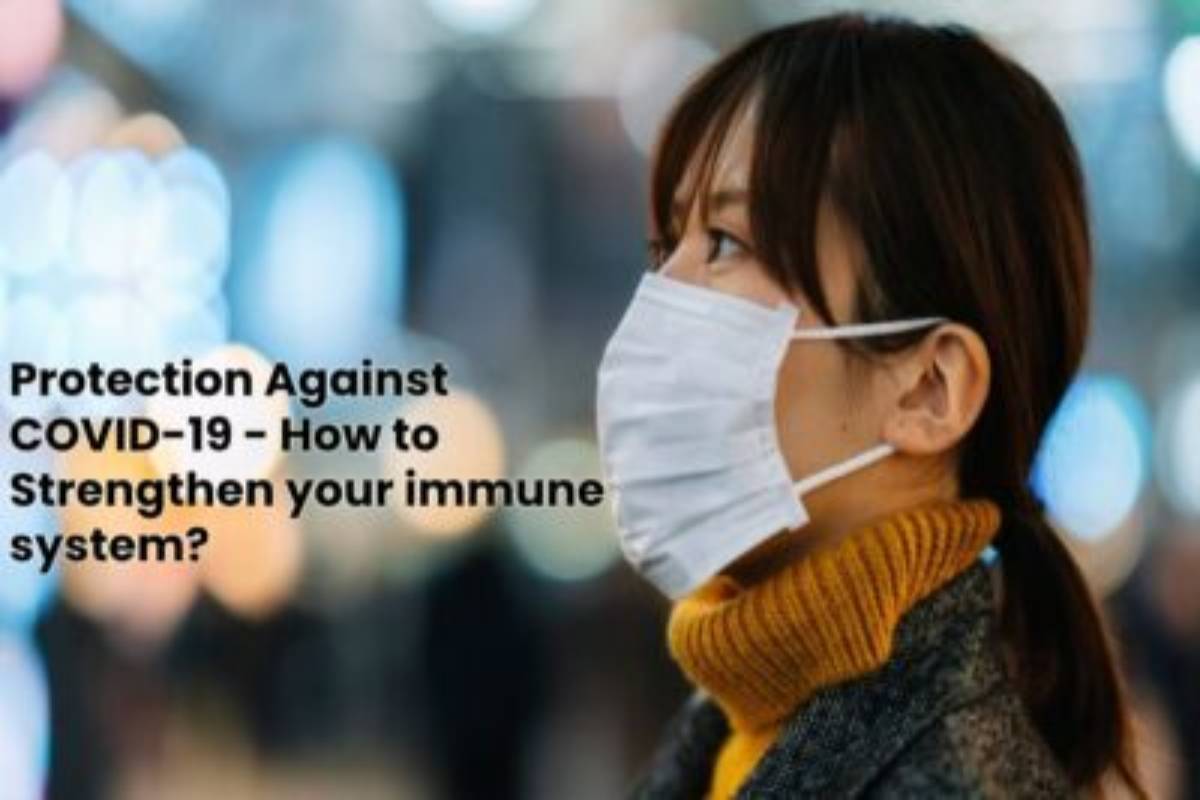Social distancing is currently the method of the hour to slow the spread of the COVID-19. But a good immune system can also help you stay healthy.
We are exposed to countless bacteria, viruses, and fungi every day. Nevertheless, we don’t get sick immediately with every contact. Our body’s immune system, the immune system, ensures that we stay healthy or get well quickly.
One of these pathogens is currently particularly troubling the world: Sars-CoV-2. “The problem is, the body doesn’t yet know the virus. Exactly this type was unknown to the entire human defense system until last December, »explains Thomas Hauser, doctor, and immunologist at the IZZ Immunology Center in Zurich.
Table of Contents
The Body has to Learn to Fight the Virus
The key to immune defense is that it remembers how it last acted against the same intruders. That’s why, for example, many people are immune to the flu.
Hauser explains: “Sick people are now defending themselves against the new coronavirus.” This means that the body still has to find out how best to fight the virus. There are many indications that one is immune to the coronavirus after surviving the disease. So the body has found a way to defend itself against the virus and not to get sick.
According to Hauser, it is primarily a coincidence whether this first-line defense favors a slight course: “There are people who are lucky that their immune mechanisms respond better to viruses such as corona.”
The Immune System Provides Poorer Protection in Old Age
The immune system weakens in the course of life. “With us, our immune system also grows older, and the repertoire of defense responses decreases,” said Hauser. “If you have other previous medical conditions, this situation can be difficult for the body to deal with.”
The weakness of our immune system can also be by our own everyday life, regardless of age, for example, through an unhealthy lifestyle.
Smoking, but also lack of sleep can lead to our immune system no longer functioning properly. In the same way, an unbalanced diet or insufficient exercise has a negative impact on the immune system.
Sars-CoV-2 and COVID-19
The good news: we can influence most of these factors. However, Hauser explains: “Even if a healthy lifestyle is maintained, this does not guarantee protection against the virus.”
It is essential to distinguish between infection with the Sars-CoV-2 virus and the COVID-19 disease. “You can get Sars-CoV-2 and be contagious to other people without getting COVID-19.”
And here, a good immune system can actually have an impact and fight Sars-CoV-2 effectively, so that the disease COVID-19 does not break out or takes a slight course. “A good immune system does not prevent you from getting the virus, but it ensures that you get rid of it faster.”
Healthy and Balanced Nutrition
Various nutrients are required for our defense system to function properly. This also includes vitamins, minerals, and trace elements.
Besides, you should eat a varied and balanced diet. Sugar, animal fats, and meat should be reduced. Orange, red, and green fruits and vegetables are particularly good for strengthening the immune system.
Sufficient Movement
Even in times of social distancing, movement should not be avoided. And you also do our immune system a favor if you exercise several times a week.
An active lifestyle helps improve the body’s resilience. This stimulates the formation of antibodies and defense cells. But don’t overdo it. After a marathon, for example, the defense system needs a moment before it is fully operational again.
Fresh Air
The first line of our defense against pathogens is the mucous membranes. And this is good for fresh air. A long walk not only helps against the home freak but also against the immune system. If the sun is still shining while walking, that’s twice as good, because vitamin D also strengthens our immune system.
Especially dry air in heated rooms dries out the mucous membranes and makes them more permeable to germs. Regular drinking also keeps the mucous membranes moist.
Infection Cannot Be Prevented
These tips can at least help. According to Hauser, they cannot prevent infection. The only thing that helps is: «Protect yourself and implement the measures taken by the federal government. Keep your distance and wash your hands! Stay at home!”
There are no medications against the virus yet. Hauser strongly warns against buying large quantities of antimalarials, for example. «There is no solid proof that they work. And so they are taken away from people who really need them, »explains the specialist.
“There is currently no particular treatment for the virus. The best boost to the immune system that there will be vaccination.

